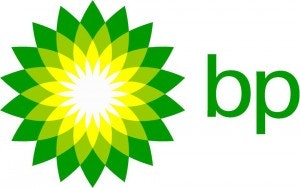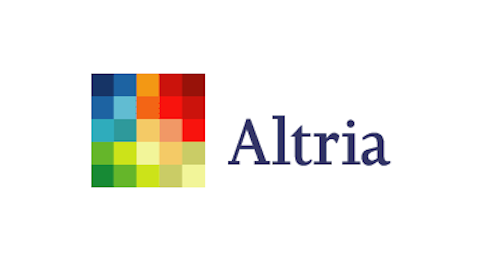BP plc (ADR) (NYSE:BP) is in the news again because of problems at one of its drilling platforms. Although the North Sea event didn’t have the massive implications of the Gulf of Mexico spill, it continues a trend that should worry investors.
Hard to find
Oil is increasingly difficult to find. That’s a big problem for the world’s international oil drillers. It means that it is becoming harder and harder to replace the oil and natural gas that they pull out of the ground each year with new reserves.
If an oil driller has nothing left in the ground, it has no business. Of course that’s taking the issue to the extreme, but this concern is what’s pushing these companies to look for new reserves in increasingly inhospitable locations.
Where’s the oil?

Oil is also being found in more dangerous and harder to reach locations. This includes deeper waters and harsher environments. BP plc (ADR) (NYSE:BP)’s North Sea oil spill is an example of both.
Although “only” about 125 barrels of oil leaked in the September event, the slap on the wrist from Norway’s Petroleum Safety Authority is a big concern. So, too, was the over 60 day halt in production. According to Bloomberg, Norway sited “serious breaches” in the company’s maintenance procedures.
If such issues are widespread, BP plc (ADR) (NYSE:BP) has a big issue. Worse, safety concerns at a company that went through a massive, industry changing disaster is a bad sign.
Not the only one
To be fair, BP isn’t the only company experiencing problems as it searches out new sources of oil. Royal Dutch Shell plc (ADR) (NYSE:RDS.A), for example, chose to halt drilling in the Arctic seas surrounding Alaska after it experienced problems.
While no oil was spilled in the event, it was concerning enough to management that they are taking extra time to evaluate the entire project. The difference between BP plc (ADR) (NYSE:BP) and Royal Dutch Shell plc (ADR) (NYSE:RDS.A), however, is that BP’s past problems have left it a weaker company. It has little choice but to be more aggressive after the financial impact of the Mexico disaster required asset sales.
These two events at BP should lead investors to ask if management is pushing too hard and cutting corners. Since both companies have similar yields around 5%, investors may choose to consider Royal Dutch Shell plc (ADR) (NYSE:RDS.A) over BP.
Buying access
The other way that oil companies can get access to additional reserves is to buy them. That can include such corporate actions as Exxon Mobil Corporation (NYSE:XOM) buying XTO or China Petroleum & Chemical Corp (ADR) (NYSE:SNP)‘s billion dollar partnership with Chesapeake Energy Corporation (NYSE:CHK).
For its efforts, Exxon hasn’t gotten much. Natural gas prices have tanked, making the gas focused XTO assets more of a weight than anything else. While the company still expects gas to be increasingly important over the coming years, that over $30 billion deal currently looks like a mistake.
This is notable for a company that is almost always afforded a premium price by the market. Still, Exxon is among the strongest companies in the industry and remains appropriate for conservative accounts, but it has a relatively low yield. Royal Dutch Shell plc (ADR) (NYSE:RDS.A), however, is very similar to Exxon Mobil Corporation (NYSE:XOM) but has a yield about twice as high, and, thus, remains a better option for income seekers.
A better deal
China Petroleum & Chemical Corp (ADR) (NYSE:SNP) & Chemical, meanwhile, has taken advantage of a weakened Chesapeake Energy Corporation (NYSE:CHK). The U.S. natural gas company used debt to fuel its expansion while gas prices were rising. Falling prices left it with too much debt and too little revenue. An ugly battle with a dissident shareholder resulted in the ouster of the company co-founder and CEO.
It didn’t, however, solve Chesapeake’s problems. So more such deals, or outright sales, are likely. Only some industry watchers suggest the sale price was too low. As the old saying goes, beggars can’t be choosers.
China Petroleum & Chemical, then, would be a better option than Chesapeake. It also looks to have a higher growth profile than Exxon, for those seeking exposure to China’s growing demand for oil and gas.
The search
The search for new reserves is going to be increasingly important. Investors need to watch this issue closely and stick to the company’s best positioned to replace and grow their reserve base.
The article Oil Risks Writ Large originally appeared on Fool.com and is written by Reuben Brewer.
Copyright © 1995 – 2013 The Motley Fool, LLC. All rights reserved. The Motley Fool has a disclosure policy.
